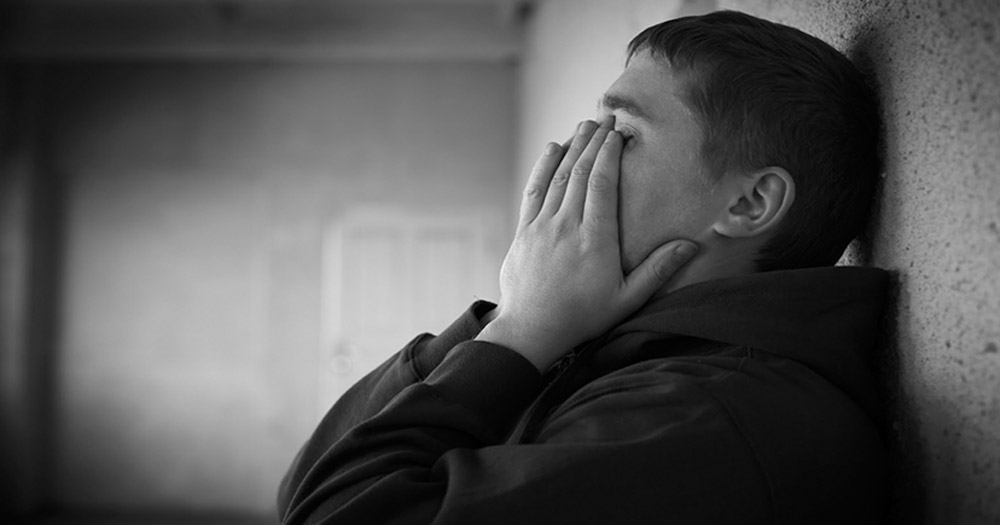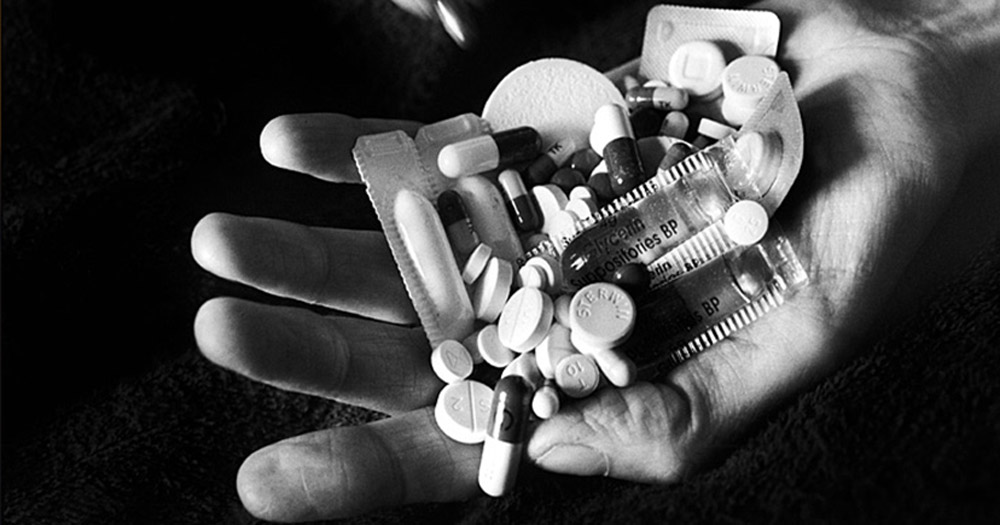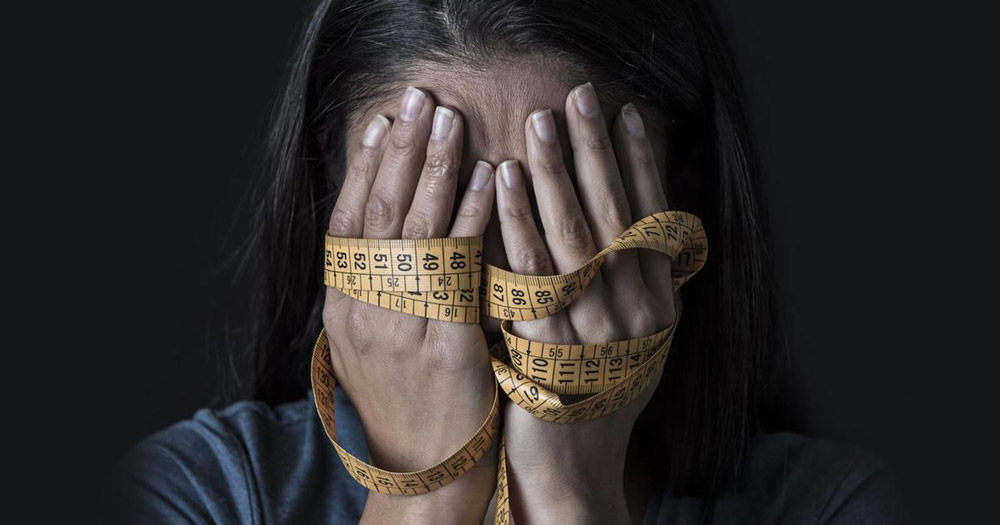Research shows that eating disorders disproportionately impact some segments of the LGBT+ populations.
A recent study from the National Eating Disorder Association (NEDA) showed that gay and bisexual men had a significantly higher prevalence of lifetime full syndrome bulimia, subclinical bulimia, and any subclinical eating disorder.
Dr Norman Kim told Stylecaster that behaviours such as binging, purging and undereating are a symptom of chronic social stress which the LGBT+ community are at higher risk of experiencing.
According to the association, gay men make up around 42 per cent of men with eating disorders and are 12 times more likely to report bulimic purging than straight men.
Lesbians and bisexual women are also twice as likely to binge eat at least once a month, the study found.

Psychologist Ashely Solomon said: “Studies have shown that compared to their cisgender counterparts, trans youth, in particular, are more likely to engage in unhealthy fasting, using diet pills and steroids and taking laxatives.
“In fact, the risk is about four times greater in this population of individuals.
“Eating disorder behaviours generally develop as a mechanism for coping with seemingly unmanageable feelings and stress.
“In particular, a personal and cultural history of social stigma and discrimination is a major risk factor for developing mental health challenges, including eating problems.
“For someone who has the genetic makeup to be at risk for an eating disorder, bias, bullying, family rejection, and an overall hostile world can tip the scales, so to speak, and lead to dangerous eating disorder symptoms.”
Dr Kim then went on add that despite the LGBT community being affected by these disorders, medical professionals lack the tools to deal with this population.
Kim added: “The greatest danger is that in the eating disorder treatment community, just like most of the medical and psychological communities, there is very little understanding of how to work with [trans] people.”

According to NEDA, “Turning their lenses toward the lived experiences of the trans and nonbinary population, researchers have found that body dissatisfaction plays a major role in gender dysphoria and that this dissatisfaction can manifest in patterns of disordered eating.”
Both trans men and trans women tend to be at higher risk for disordered eating patterns than cisgendered individuals.
Food becomes a coping tool for dealing with feelings of self-loathing and regret, unpleasant emotions or feelings of stress, depression or anxiety.
Over time, people with eating disorders can’t see themselves objectively. They need to rediscover who they are beyond eating habits, weight, and body image. We know that eating disorders tend to show up during adolescence, a time when a lot of queer and trans individuals are just beginning to struggle with what it means to inhabit a queer body, which, for many means dealing with what it means to inhabit a body that feels wrong, foreign, unacceptable, or unlovable.
Social media has a massive role in passing the wrong message, unfortunately, most of the time the person struggling with eating disorders on the other side of the screen, might not see clearly that most images are edited or taken in an angle to look in a certain way, that it is not real.
It is important to cultivate self-acceptance from a very young age, the stereotypes surround modern society promotes an image starkly different from reality, which can impact peoples’ perspectives about themselves, leading to eating disorders and mental health issues.
© 2018 GCN (Gay Community News). All rights reserved.
Support GCN
GCN is a free, vital resource for Ireland’s LGBTQ+ community since 1988.
GCN is a trading name of National LGBT Federation CLG, a registered charity - Charity Number: 20034580.
GCN relies on the generous support of the community and allies to sustain the crucial work that we do. Producing GCN is costly, and, in an industry which has been hugely impacted by rising costs, we need your support to help sustain and grow this vital resource.
Supporting GCN for as little as €1.99 per month will help us continue our work as Ireland’s free, independent LGBTQ+ media.
